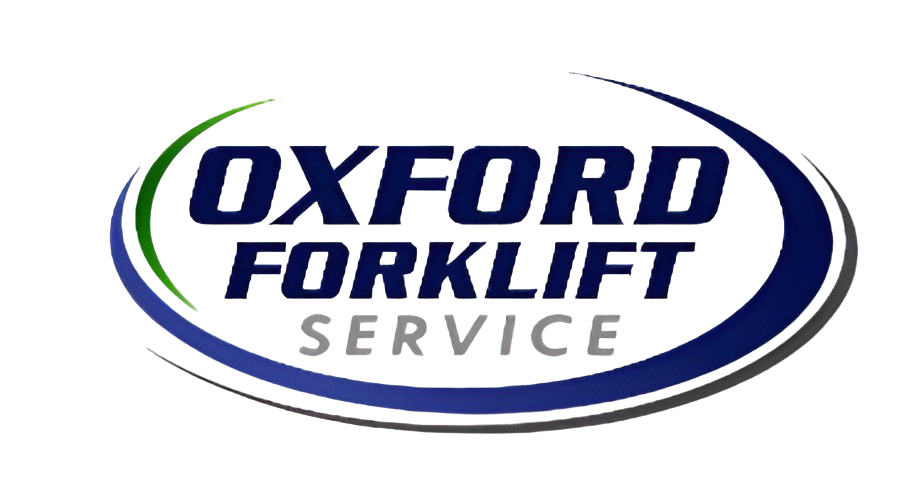Reasons to consider forklift training
Safety: Comprehensive and thorough training greatly reduces the chances of accidents and injuries occurring, thereby creating a much safer and more secure working environment for everyone involved.
Legal Compliance: It ensures that all operational activities strictly comply with rigorous occupational health and safety standards, helping to avoid any potential legal issues or complications.
Efficiency: Certified operators are capable of performing their tasks more quickly, accurately, and efficiently, which significantly enhances overall productivity and operational effectiveness.
Equipment Longevity: Well-trained operators are less likely to misuse or mishandle the forklift, significantly reducing the risk of damage and thereby extending the equipment’s lifespan.
Cost Savings: Fewer accidents and instances of equipment damage lead to substantial savings on repair costs and lower insurance premiums, which can significantly reduce overall expenses.
Reduced Downtime: Skilled and experienced operators are less likely to face problems that cause operational delays, ensuring a more consistent and uninterrupted workflow.
Workplace Morale: A safe working environment greatly improves employee morale and productivity, fostering a more positive and motivated workplace culture.
Professional Development: Obtaining and maintaining certification not only enhances workers’ skills but also boosts their employability and opens up more opportunities for career advancement.
Liability Reduction: Proper training minimizes the likelihood of workplace incidents, thus reducing the potential for expensive lawsuits and legal liabilities.
Reputation: Companies that prioritize safety and efficiency are more likely to attract high-quality clients and top-tier talent, strengthening their reputation in the industry.
